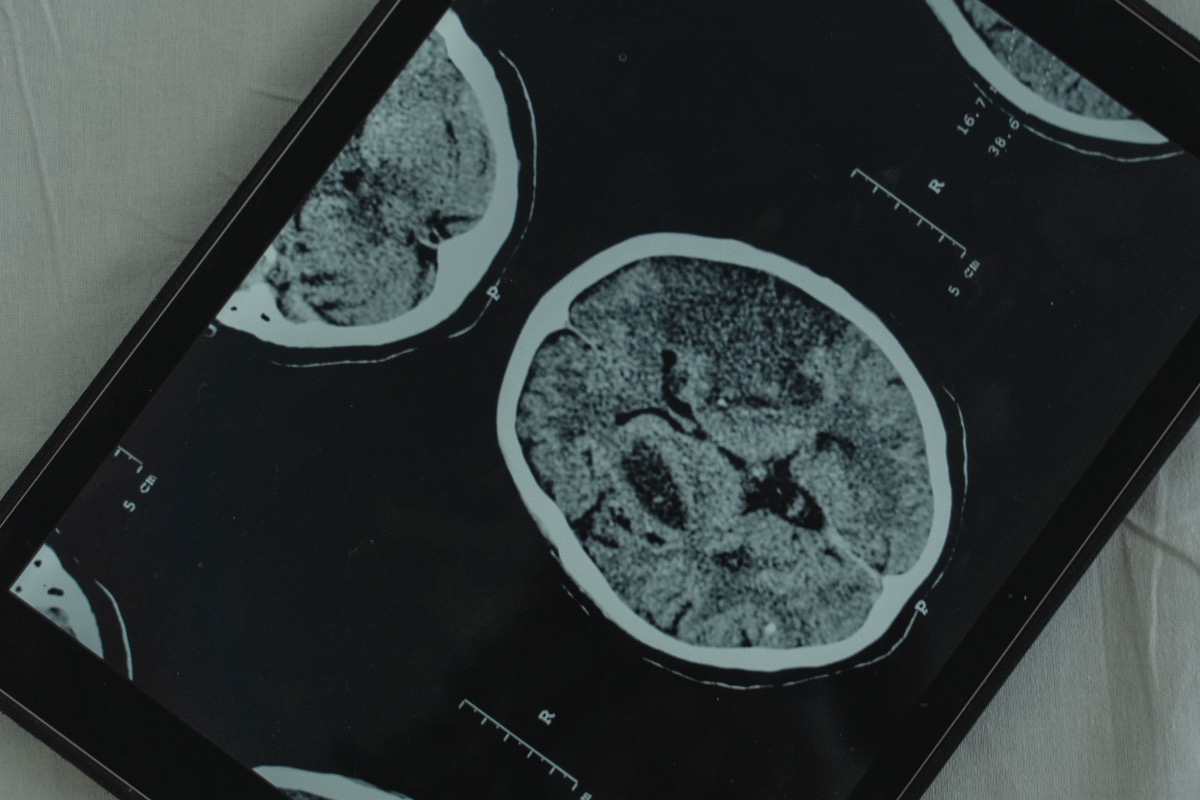
Post-traumatic stress disorder (PTSD) is a psychological condition that can arise after a person experiences or witnesses a traumatic event. Common manifestations of the disorder include anxiety, intrusive memories, nightmares, and avoidance of stimuli related to the event. PTSD also affects the way the brain processes fear. Studies have indicated that people with PTSD have an altered fear-processing system, which can lead to a heightened sense of fear and panic. The ability of PTSD to alter fear processing increases the need for treatment and recovery when it comes to untreated trauma.
What Is Fear Processing?
Fear is a survival response to potential danger. When a person perceives danger, the amygdala, a part of the brain’s fear center, activates. This triggers the body to release the stress hormone epinephrine, which prepares the body for fight-or-flight. As a result, heart rate and blood pressure increase, allowing the individual to flee or attack if necessary.
The amygdala then sends signals to the hippocampus, a part of the brain that stores and processes emotional experiences, to create a memory of the experience. The amygdala also sends signals to the cortex, the part of the brain that controls cognition, to make the person feel afraid.
How Does PTSD Alter Fear Processing?
PTSD involves many changes in the brain, especially in the amygdala and hippocampus. In those with PTSD, the amygdala is hyperactive, meaning it has abnormally high activity. As a result, the brain has trouble re-routing signals from the amygdala back to the cortex.
Since the amygdala is responsible for creating emotional memories and feelings connected to them, this can result in intense fear associated with the traumatic event and avoidance of stimuli related to the trauma. The avoidance results from an inability to recognize patterns and make connections between information. This is also why people with PTSD often feel a sense of danger even when they are in a non-threatening environment.
Implications of Altered Fear Processing for PTSD Symptoms
Fear processing is an important part of the human experience. It is how we recognize threats and make sense of our environment. However, when a person experiences a traumatic event that causes their amygdala to activate abnormally, their fear processing system is altered, resulting in PTSD symptoms. These symptoms can include avoidance of stimuli related to the trauma, intense fear, hypervigilance, and numbing. Their combination can cause a tremendous amount of turmoil in our lives.
The best approach to curbing the symptoms of PTSD is to seek out professional treatment. In order to overcome the brain’s power to overreact to stimuli, it is necessary to retrain the brain. Fortunately, The Guest House has an abundance of professionals who specialize in treating the effects of trauma on our minds. With just a little assistance, we can begin to process stimuli correctly and live a more fulfilling life.
Trauma has a way of taking over our minds and causing reactions to stimuli that are unwarranted and beyond our control. If you have untreated trauma, you do not have to continue to live with its negative side effects. With treatment, you can learn to re-direct the brain back to a normal state. The Guest House has numerous therapeutic modalities designed to help you take control of your mind and live your best life. Call (855) 483-7800 for more information.